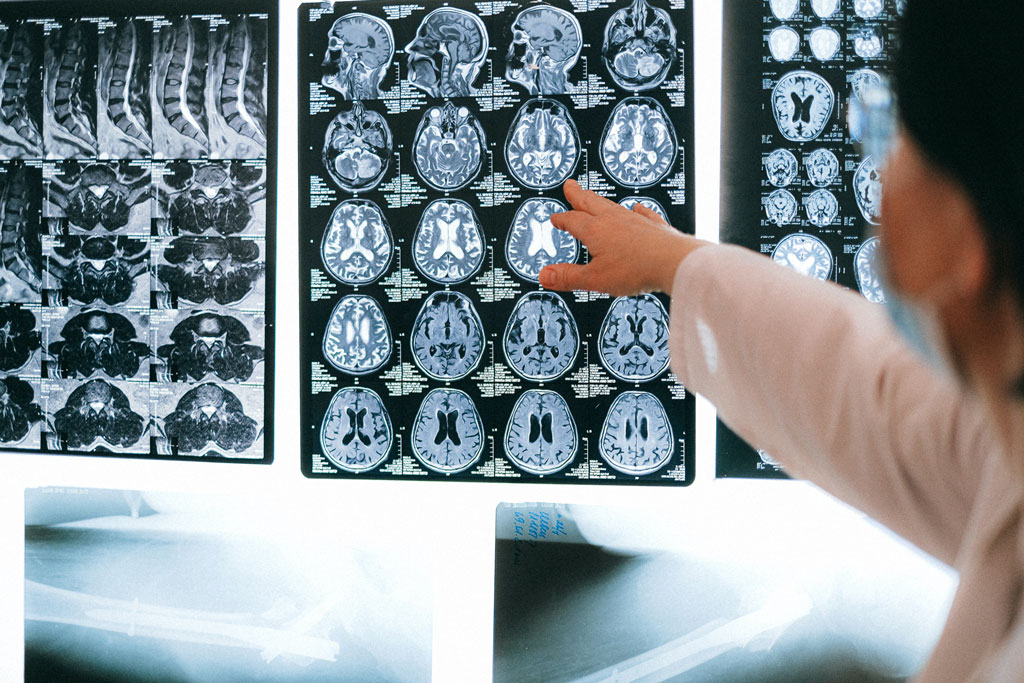For Primary Care Providers
Explore the resources and information below to learn more about cognitive aging and age-related cognitive decline in order to help your patients take action to maintain their brain health.

Many older adults worry about memory loss and changes to their thinking abilities as they age.
While cognitive aging occurs in every individual, there are steps that can help older adults maintain their cognitive health and stay independent later in life.
As the first point of contact to interact with patients, primary care physicians are best positioned to identify patients at-risk for or experiencing cognitive changes due to aging. It’s important to assess your patients’ cognition by recommending or offering screening during wellness visits and passing along the diet, exercise and lifestyle changes that have been proven to help maintain brain health.
Learn About Cognitive Aging
Preventing the Effects of Cognitive Aging
Up to
of older adults may experience cognitive changes due to the normal aging process
1/3
funded in research specifically targeting cognitive aging, age-related cognitive decline and memory loss
Research
The McKnight Brain Research Foundation is the only private foundation dedicated exclusively to solving the mysteries of the aging brain and helping people achieve a lifetime of cognitive health. Over the past 20 years, we have funded more than $180 million in research specifically targeting cognitive aging, age-related cognitive decline and memory loss through direct contributions and strategic initiatives in partnership with the four McKnight Brain Institutes and the National Institute on Aging through the Foundation for the National Institutes of Health.
Cognitive Assessment
Talk to your patients about their experience with any of the following warning signs of age-related cognitive decline and memory loss:
Difficulty with every day tasks like paying bills, driving, following recipes
Trouble adhering to medication schedules
Confusion
Poor motor coordination
Loss of short-term or long-term memory

